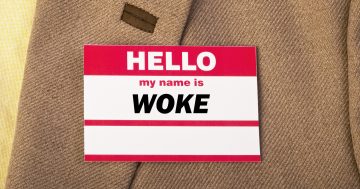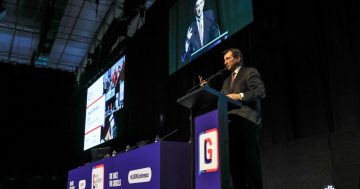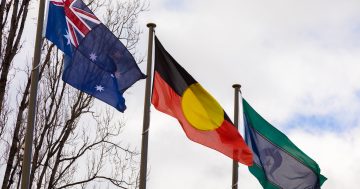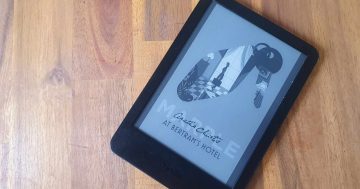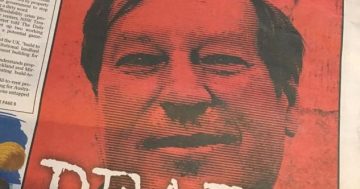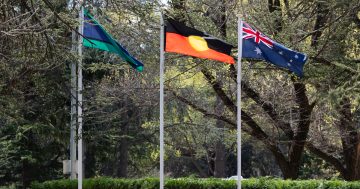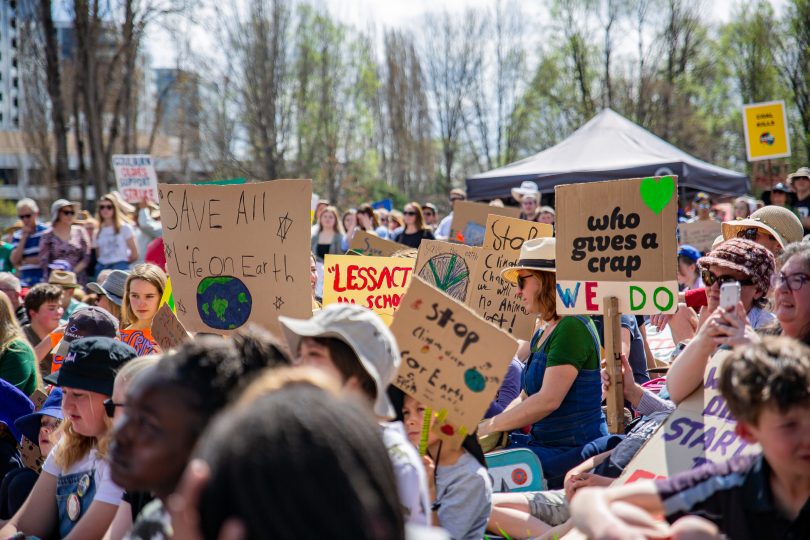
Snowflakes or agents for change? Photo: Region Media.
It’ll come as no surprise to my regular readers here that I’m often called a ‘snowflake’.
In fact, some of you have probably called me a whiny millennial snowflake who’s too sensitive and pretentious on this very site. But lately I’ve been contemplating why it is that the character traits that typify being a ‘snowflake’ are considered so aggravating when they’re actually a product of social and political progress?
According to Wikipedia, “Snowflake is a 2010s derogatory slang term for a person, implying that they have an inflated sense of uniqueness, an unwarranted sense of entitlement, or are overly-emotional, easily offended, and unable to deal with opposing opinions”.
But in the more common usage, the term is rolled out whenever a young person calls out an issue of inequality, prejudice or identity, and is used to dismiss their views. In general, the constant pressure from young people to do better – to rid our vocabulary of derogatory and prejudiced language, to pay closer attention to privilege and taking up space from marginalised communities to being more conscious of the consequences of our actions – is often met with frustration and cries of ‘snowflakes’ to millennials who lack resilience and are too disconnected from the ‘real world’.
Presumably, the ‘real world’ in this scenario is the world where power and privilege remain with rich white men without question, where gender inequality is considered the natural order of things, and where racism and homophobia are bad, but ultimately part of reality.
The resistance to the expectation from young people that we both can and should do better suggests a dissonance between the world that we think we’re creating and the one we actually are living in.
Look at it this way: when early feminists began pointing out the inequality in western democracies between men and women, they were labelled as hysterical, unnatural women and told to shut up. In ridiculing them, the patriarchal systems of power were able to discredit feminists and make it harder for their message to reach the women they were seeking to mobilise.
Similarly, labelling every person who calls out cultural appropriation or racism, transphobia, homophobia or ableism as a too-sensitive ‘snowflake’ seeks to discredit what is actually a pretty simple message – that our actions and attitudes have consequences, and that we should all try and do better to question ourselves and be accountable.
Of course, there are elements of call-out culture and millennial social progressive politics that are more confronting and less productive than others. Cancel culture is a fundamentally unworkable approach to managing conflicts and negative behaviour from prominent individuals or brands. There has to be an end to the privilege stakes at some point, and I personally struggle with the notion of some people being ‘allowed’ to speak on issues according to their identity traits over others, feeling this toes the line of censorship a bit too closely.
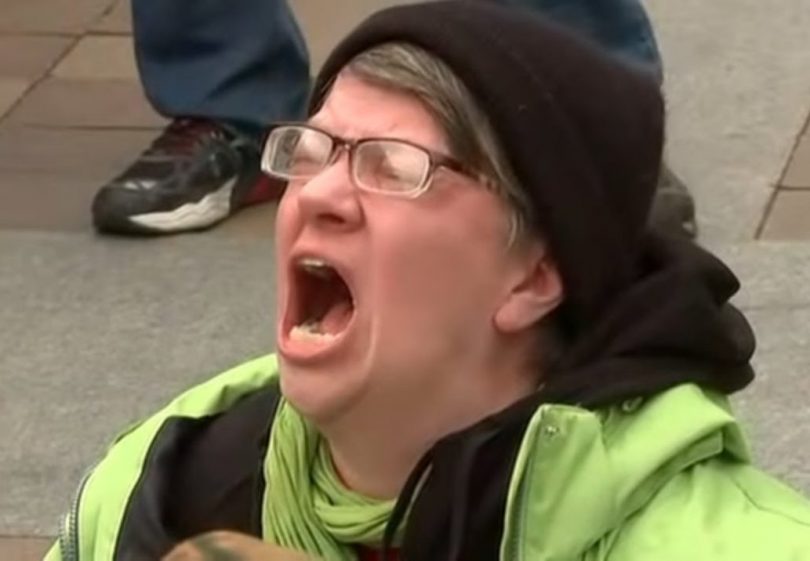
The scream heard around the world on the inauguration of Donald Trump became a global symbol of snowflakery. Photo: Screenshot.
But the core values that drive millennial snowflakes the world over are a quest for a more equal, just and fair society where individual characteristics are celebrated and acknowledged, and where diversity is a driving force in social and political change.
I’ve spoken in public previously about the ‘woke Olympics’, where everyone tries to demonstrate how much more ‘woke’ they are than others, in the decisions they make about what to eat, drink, wear, buy, watch or read, and how much they understand what they should or shouldn’t do depending on their privilege and level of diversity. I’m not a fan of this approach to political discourse, but I also have to admit that part of the reason why I don’t like it is because I’ve been called out before on my own problematic attitudes.
Once, over a decade ago, a friend emailed me after reading an article where I used the word ‘retard’ flippantly, and pointed out that it was ableist language that really wasn’t OK for me to use. I felt defensive and annoyed and frustrated because I know I’m not an ableist person, and that I respect and care about experiences of disability. But then I thought about it, and acknowledged that whilst it’s uncomfortable to be called out, she was right and I apologised and rewrote the article.
I’ve had numerous versions of this experience over time, and each time I feel defensive at first, before realising that it’s an opportunity for growth, and that I should examine my discomfort and use it as a chance to change. Sometimes I disagree with what I’m being called out for, and then it’s about having the conversation and unpicking the issue with patience and respect.
For many people, watching these dialogues unfold can feel frustrating and trivial. It can seem like unnecessary navel-gazing, or over-complicating things that have never been seen as problems before. Many of the fiercest critics of ‘snowflakes’ are people who grew up in a generation where these conversations were happening way outside the mainstream, and watching them unfold on the evening news and inside major broadsheets feels ridiculous and personally affronting.
But if you’re one of these people, I would recommend pondering why snowflakes incite such rage in you? What is it about seeking a better, more equal society that winds you up? Why is the sensitivity many millennials have towards other people’s unique experiences so offensive to you? Does striving to be a better person, who is more aware of diversity and inequality, a bad thing?
I’m prepared for the fact that Gen Z will be even more progressive than Gen Y has been, and that there are definitely going to be evolutions of woke culture that will make me feel disgruntled and annoyed when I’m confronted with them. But I hope I can take a step back and look at the bigger picture then, as so many people have done so now – and realise that people becoming more sensitive to injustice can only be a good thing.
I guess that makes me a snowflake.
Original Article published by Zoya Patel on The RiotACT.






